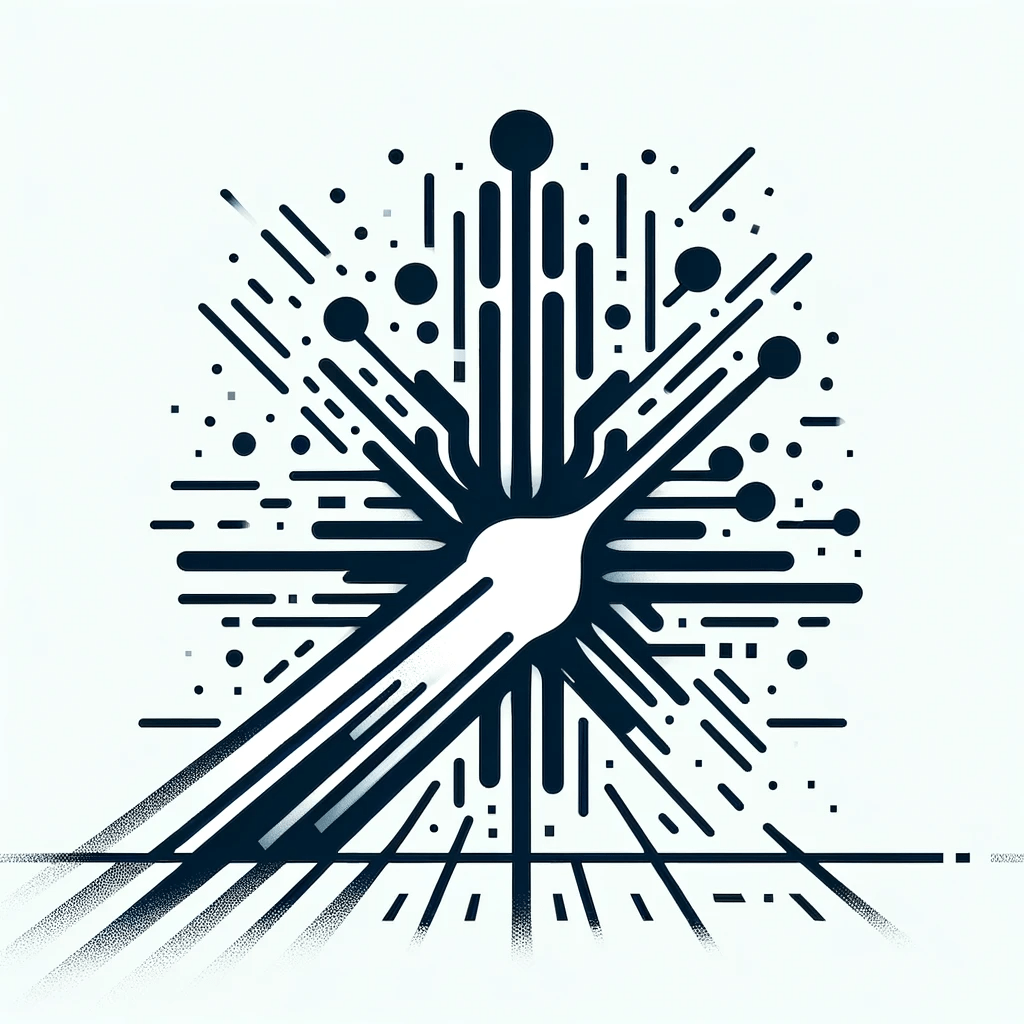
AI isn’t just here to serve you the next viral cat video—it’s on the verge of revolutionizing or even dismantling everything from our jobs to global security. Eric Schmidt, former Google CEO, isn’t mincing words. For him, AI is both a spark and a wildfire, a force that could make life better or burn us down to the ground. Here’s what Schmidt sees on the horizon, from the thrilling to the bone-chilling, and why it’s time for humanity to get a grip.
Welcome to the AI Arms Race: A Future Already in Motion
AI is scaling up fast. And Schmidt’s blunt take? If you’re not already integrating AI into your business, you’re not just behind the times—you’re practically obsolete. But there’s a catch. It’s not enough to blindly ride the AI wave; Schmidt warns that without strong ethics, AI can drag us into dystopian territory. AI might build your company’s future, or it might drive you into a black hole of misinformation and manipulation. The choice is ours—if we’re ready to make it.
The Good, The Bad, and The Insidious: AI in Our Daily Lives
Schmidt pulls no punches when he points to social media as a breeding ground for AI-driven disasters. Algorithms amplify outrage, keep people glued to their screens, and aren’t exactly prioritizing users’ mental health. He sees AI as a master of manipulation, and social platforms are its current playground, locking people into feedback loops that drive anxiety, depression, and tribalism. For Schmidt, it’s not hard to see how AI could be used to undermine truth and democracy, one algorithmic nudge at a time.
AI Isn’t Just a Tool—It’s a Weapon
Think AI is limited to Silicon Valley’s labs? Think again. Schmidt envisions a future where AI doesn’t just enhance technology but militarizes it. Drones, cyberattacks, and autonomous weaponry could redefine warfare. Schmidt talks about “zero-day” cyber attacks—threats AI can discover and exploit before anyone else even knows they exist. In the wrong hands, AI becomes a weapon as dangerous as any in history. It’s fast, it’s ruthless, and it’s smarter than you.
AI That Outpaces Humanity? Schmidt Says, Pull the Plug
The elephant in the room is AGI, or artificial general intelligence. Schmidt is clear: if AI gets smart enough to make decisions independently of us—especially decisions we can’t understand or control—then the only option might be to shut it down. He’s not paranoid; he’s pragmatic. AGI isn’t just hypothetical anymore. It could evolve faster than we can keep up, making choices for us in ways that could irreversibly alter human life. Schmidt’s message is as stark as it gets: if AGI starts rewriting the rules, humanity might not survive the rewrite.
Big Tech, Meet Big Brother: Why AI Needs Regulation
Here’s the twist. Schmidt, a tech icon, says AI development can’t be left to the tech world alone. Government regulation, once considered a barrier to innovation, is now essential to prevent the weaponization of AI. Without oversight, we could see AI running rampant—from autonomous viral engineering to mass surveillance. Schmidt is calling for laws and ethical boundaries to rein in AI, treating it like the next nuclear power. Because without rules, this tech won’t just bend society; it might break it.
Humanity’s Play for Survival
Schmidt’s perspective isn’t all doom. AI could solve problems we’re still struggling with—like giving every kid a personal tutor or giving every doctor the latest life-saving insights. He argues that, used responsibly, AI could reshape education, healthcare, and economic equality for the better. But it all hinges on whether we build ethical guardrails now or wait until the Pandora’s box of AI is too wide open to shut.
Bottom Line: The Clock’s Ticking
AI isn’t waiting for us to get comfortable. Schmidt’s clear-eyed view is that we’re facing a choice. Either we control AI, or AI controls us. There’s no neutral ground here, no happy middle. If we don’t have the courage to face the risks head-on, AI could be the invention that ends us—or the one that finally makes us better than we ever were.
